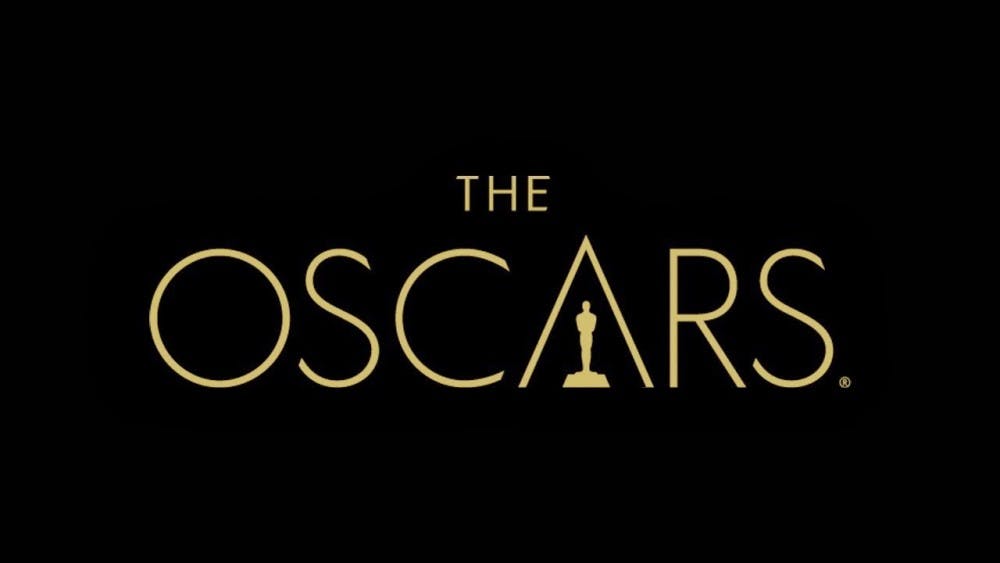The Oscars are on Sunday and La La Land is about to win 8–11 Oscars without batting an eyelash, including Best Picture. It’s one of the biggest populist awards–friendly hits I’ve ever seen, and a lot of this love comes from Emma Stone’s emotional performance (she'll be stealing the Best Actress award from the rightful winner, Natalie Portman, but that’s a whole separate article.) Interestingly, this will be the first movie with both a Best Actress nomination and a Best Picture win since 2004. To put that into simpler terms, the Oscars don’t often award Best Picture to a movie with a female protagonist. Of all nine Best Picture noms this year, only three feature a female in a lead role. And this is one of the good years. Last year there were only two; the year before there were zero. As an Oscars junkie, there are dozens of statistics I could throw out that demonstrate how skewed these awards are towards men, but I’ll stop here. The problem remains: Why is it that critically–acclaimed female films like Jackie (2016) or Carol (2015) get snubbed from the biggest categories, while mediocre male movies like Hacksaw Ridge (2016) land Best Picture, Best Director and Best Actor nods with ease?
It’s simple: Movies about women simply don’t get anywhere near as many nominations as movies about men.
"...it’s not about the gold statues themselves: it’s about the stories our society deems excellent. And those stories are rarely about women."
This disparity could be a product of many different issues. Perhaps it stems from the entertainment industry as a whole—there are objectively fewer female characters than male characters on screen, and only a handful of prominent female directors to tell stories from a woman’s perspective. Perhaps it’s reflective of the Academy, which is overwhelmingly old, white and male—despite the organization’s attempts to diversify their membership post–#OscarsSoWhite. These two factors make it very difficult for movies about women to break into the awards conversations. First, these movies have to get made (which is a challenge in and of itself), and then they have to appeal to an organization of 65–year–old men. Thus, complex movies about the female psyche (Jackie) or a lesbian relationship (Carol) just “don’t connect with” the Academy as much as films about men being manly, stoic and violent (Read: The Revenant, Hell or High Water and so on).
Quite honestly, it’s tiring. It’s tiring to watch year after year as male–focused movies pick up awards, while the few female–focused movies (with equal or more acclaim) have to fight just to get nominated. It sounds irrational to care this much about awards, but it’s not about the gold statues themselves: it’s about the stories our society deems excellent. And those stories are rarely about women.
This brings us back to this year’s Oscars. When La La Land picks up every single award on Oscar night, get excited because it’s the first movie with a lead female role to do so in over a decade. Get excited when Best Foreign Film probably goes to Toni Erdmann, a film directed by a woman. Get excited when a woman wins the award for Best Costume Design (no men are nominated, so it literally has to happen). But beyond that, make a conscious effort to watch and support movies about women or made by women. We’ve probably all seen less than we think.

